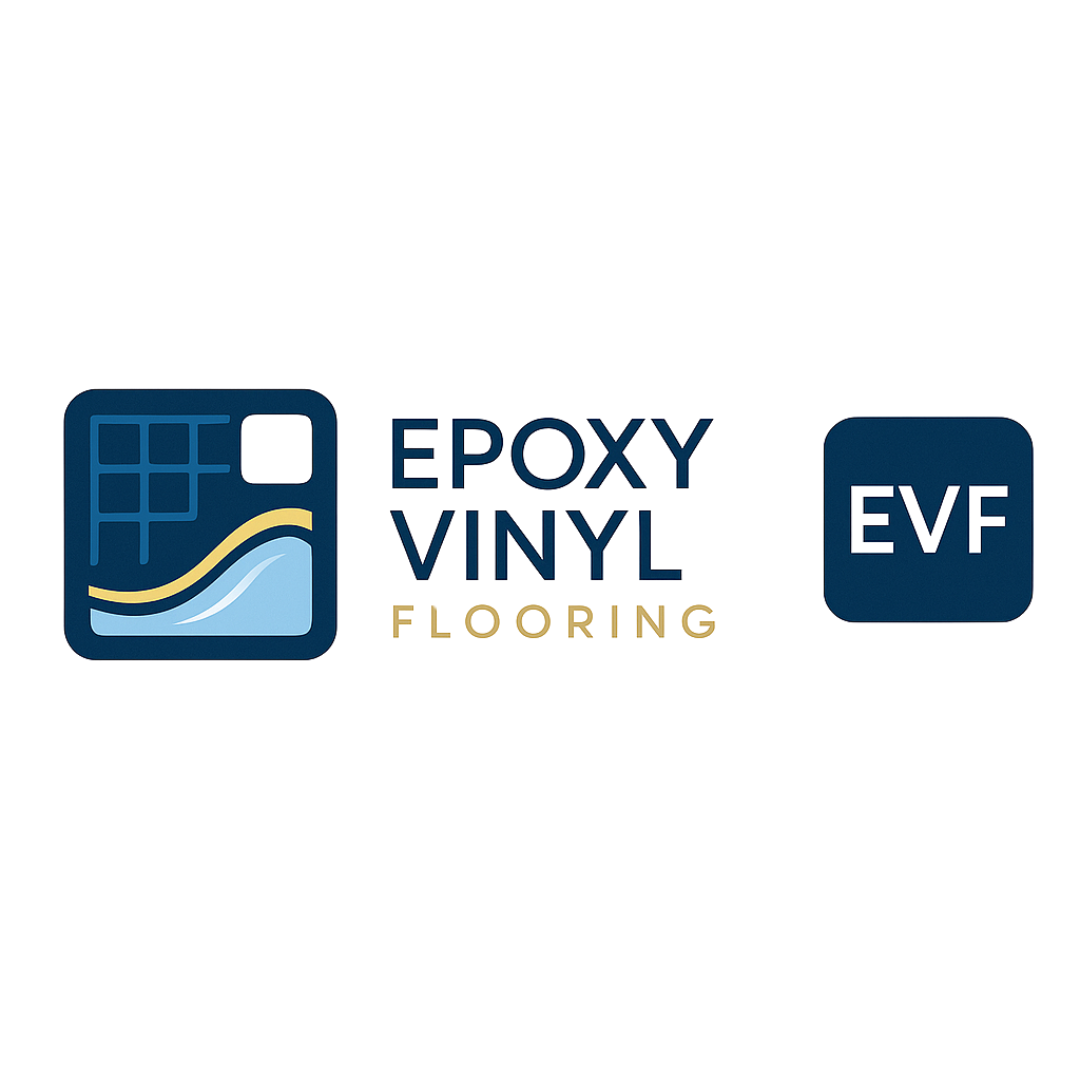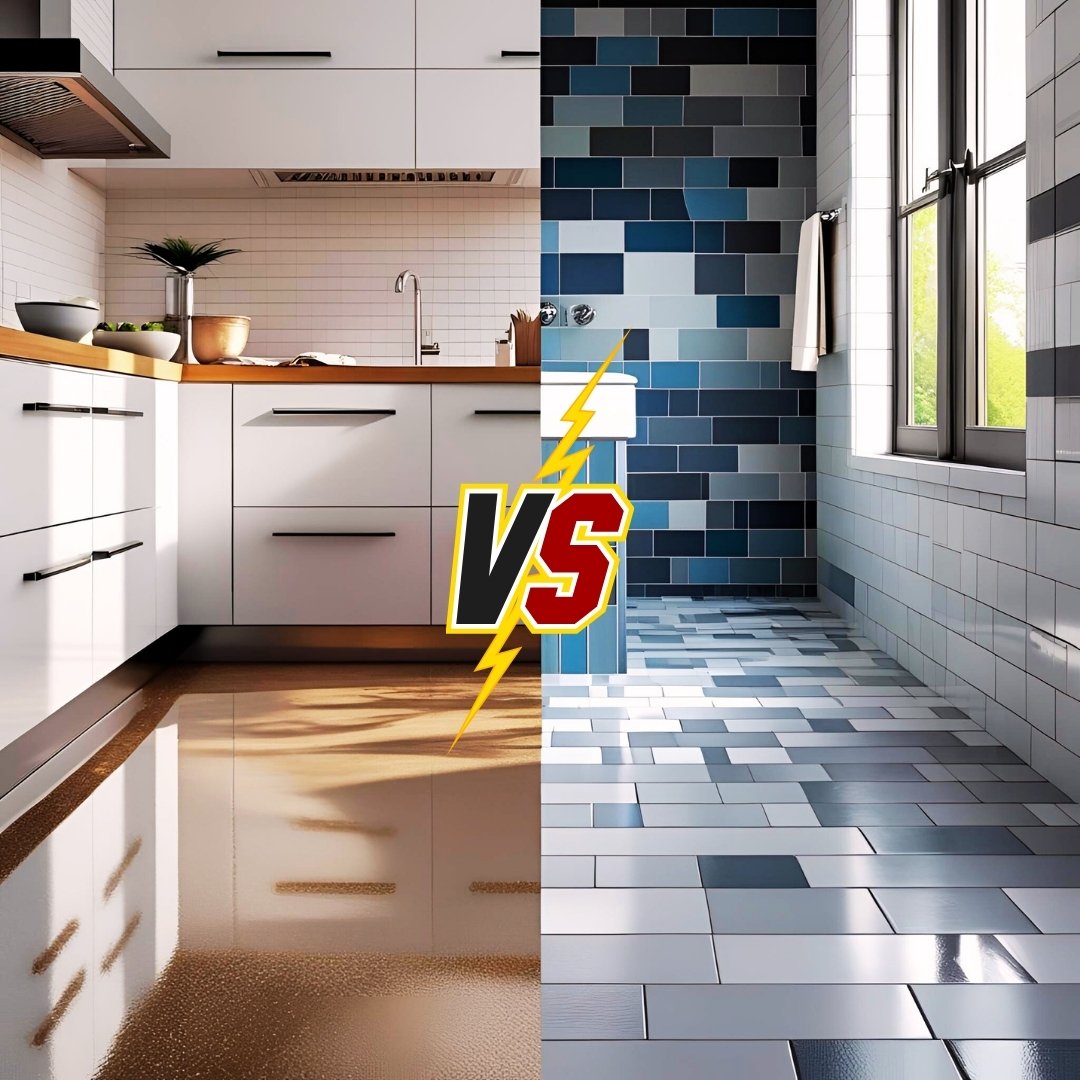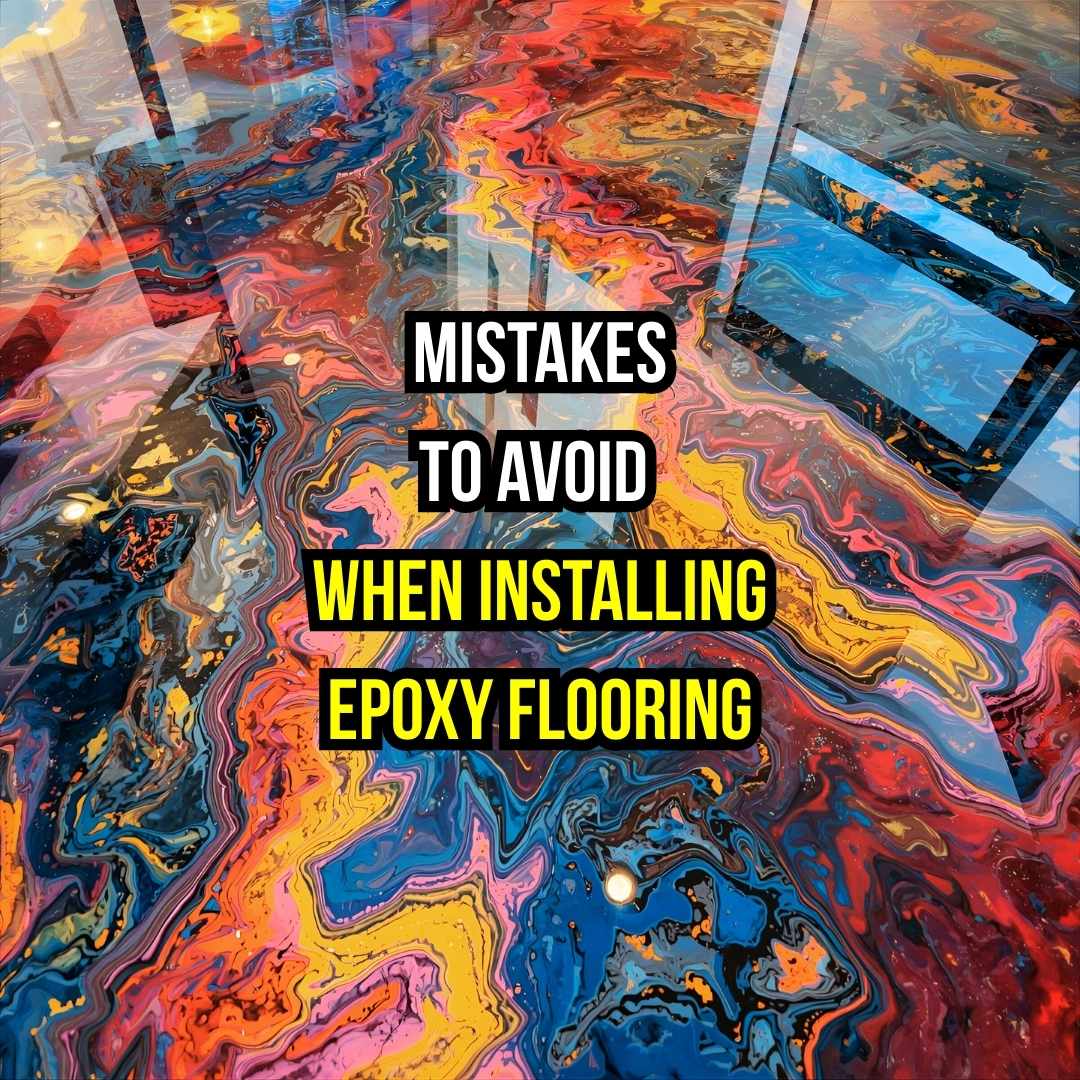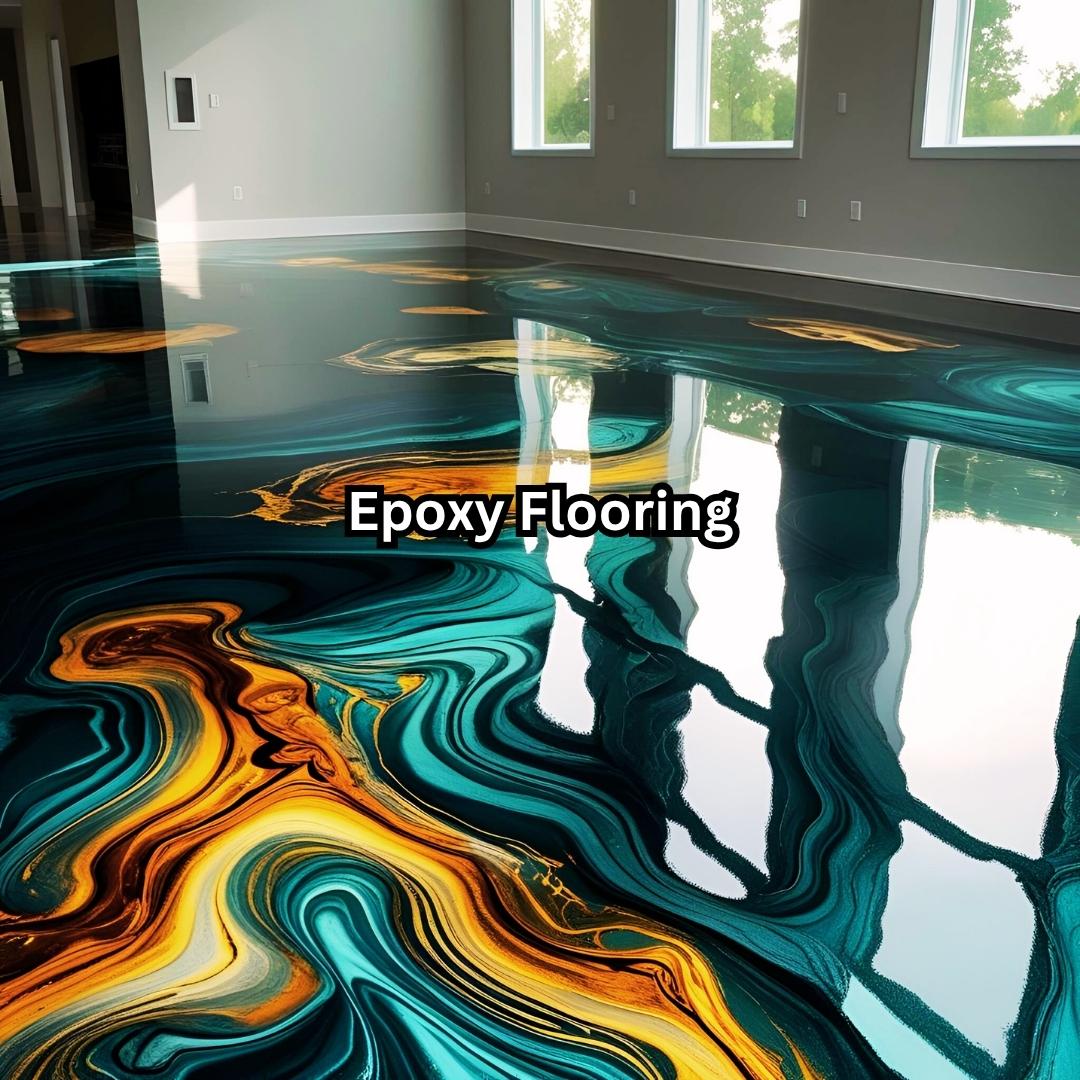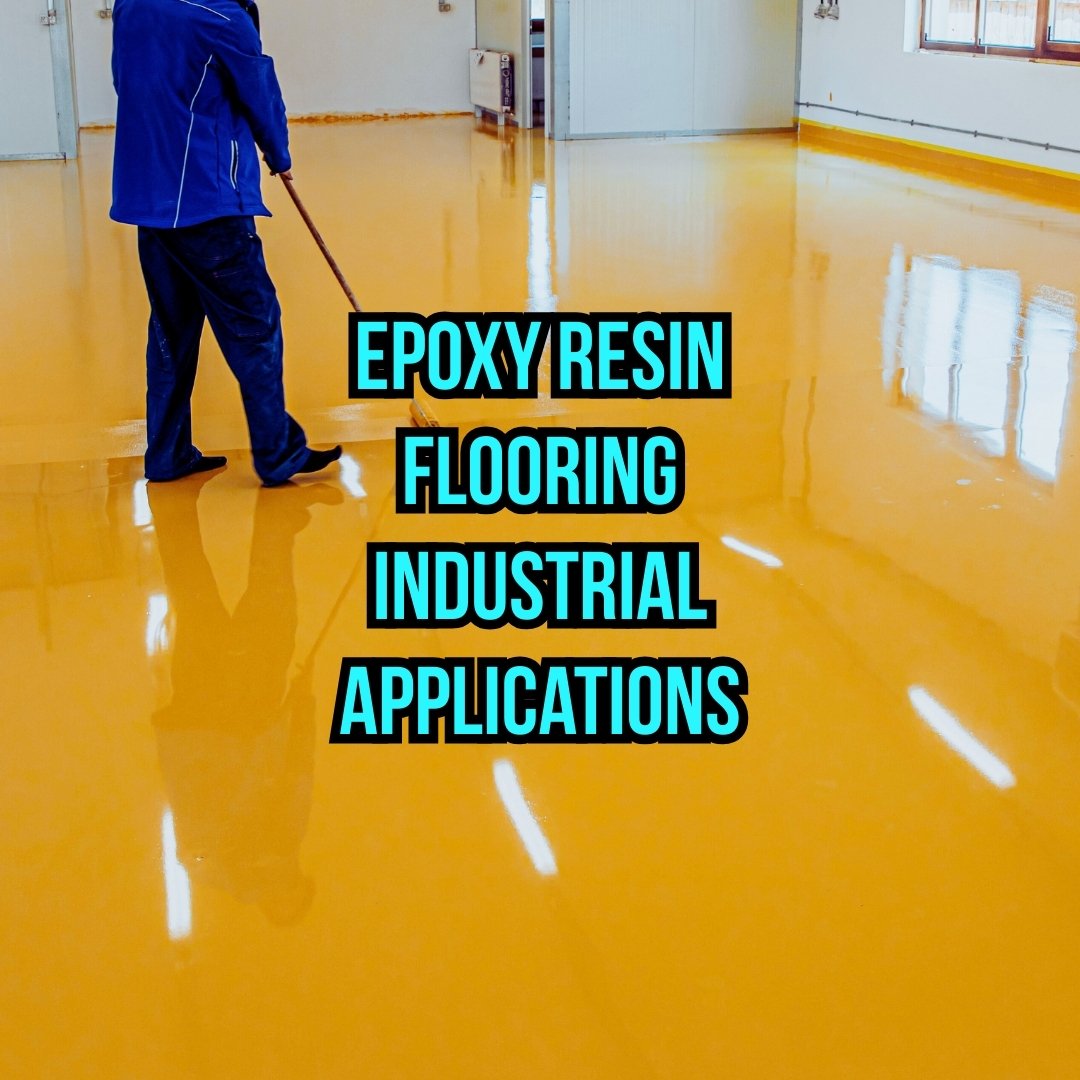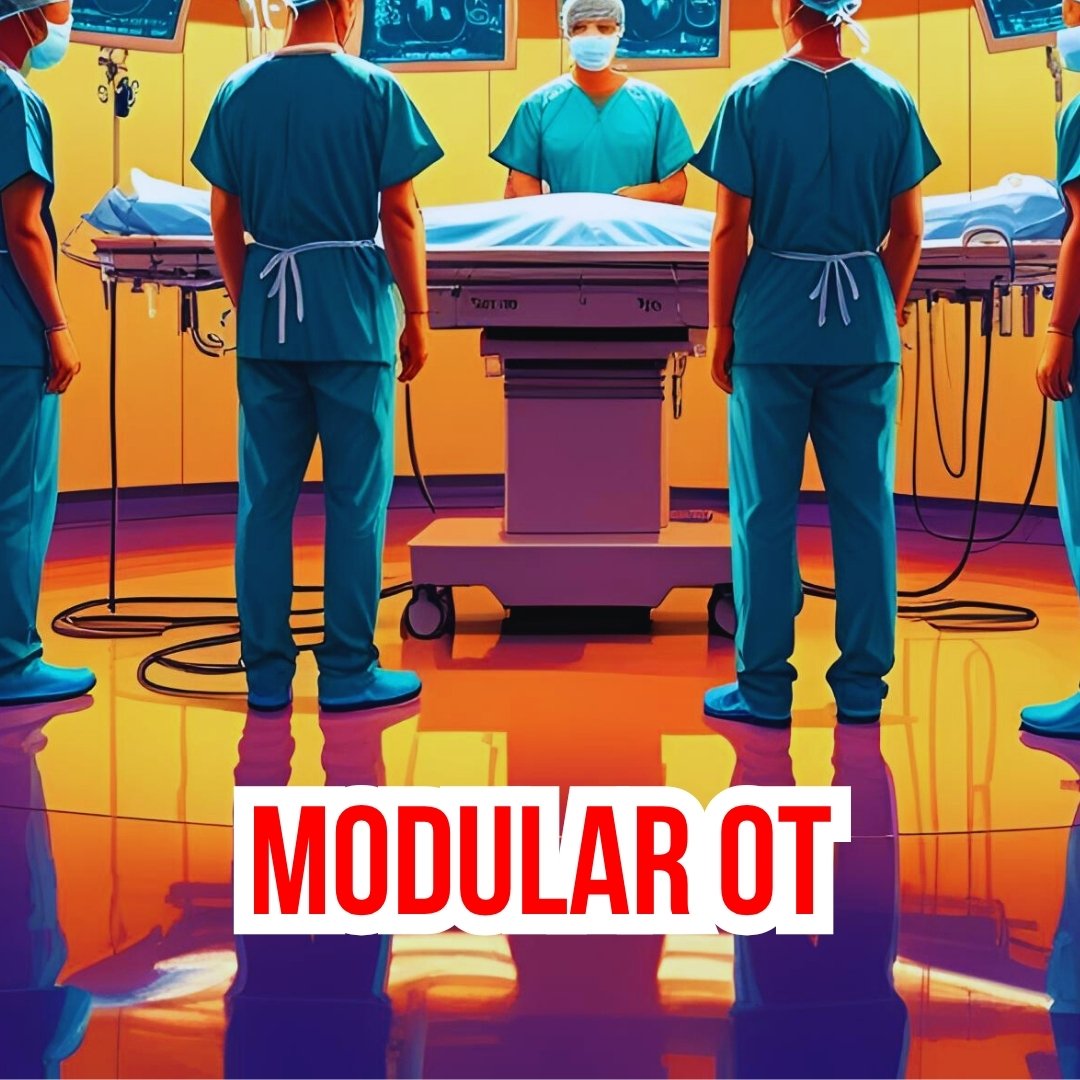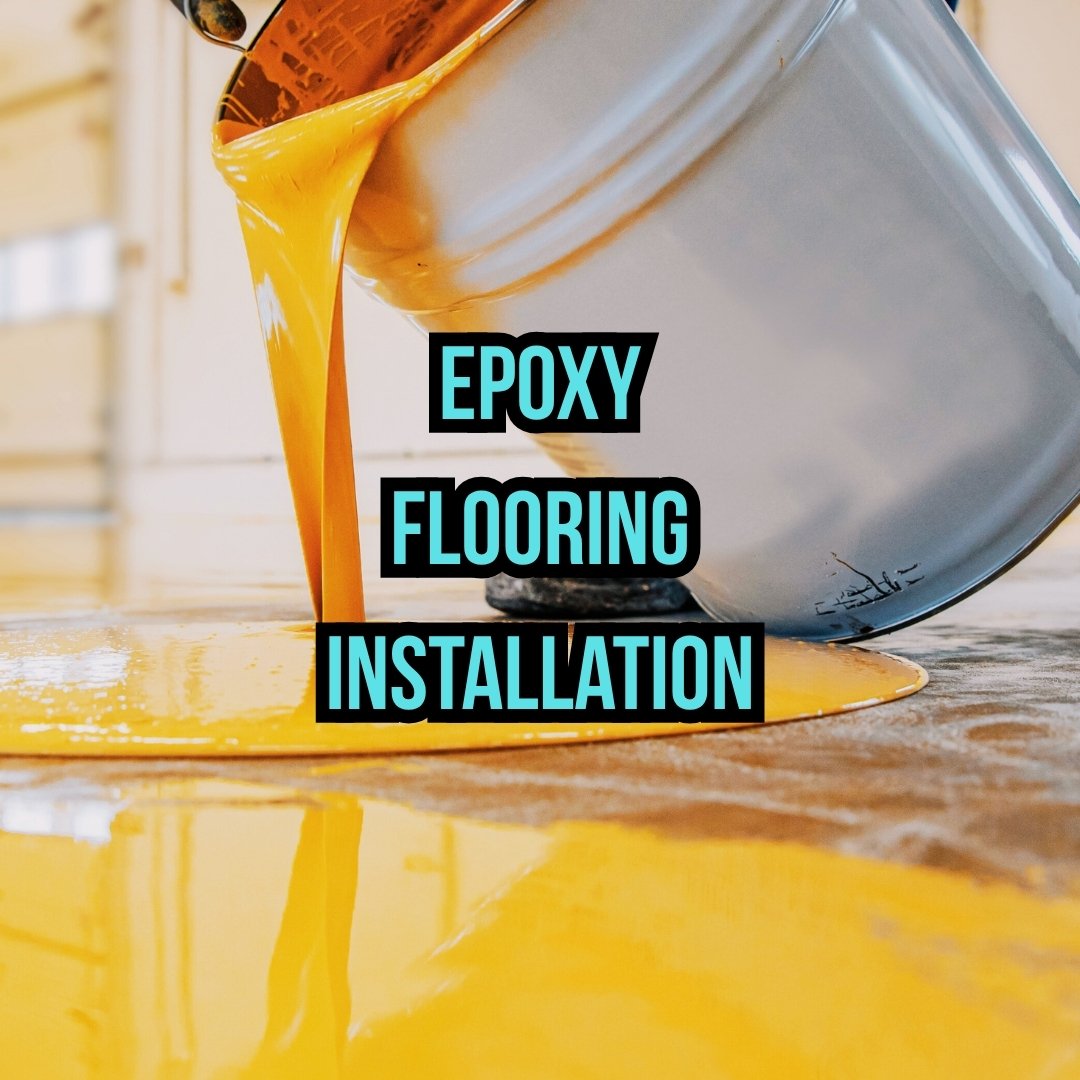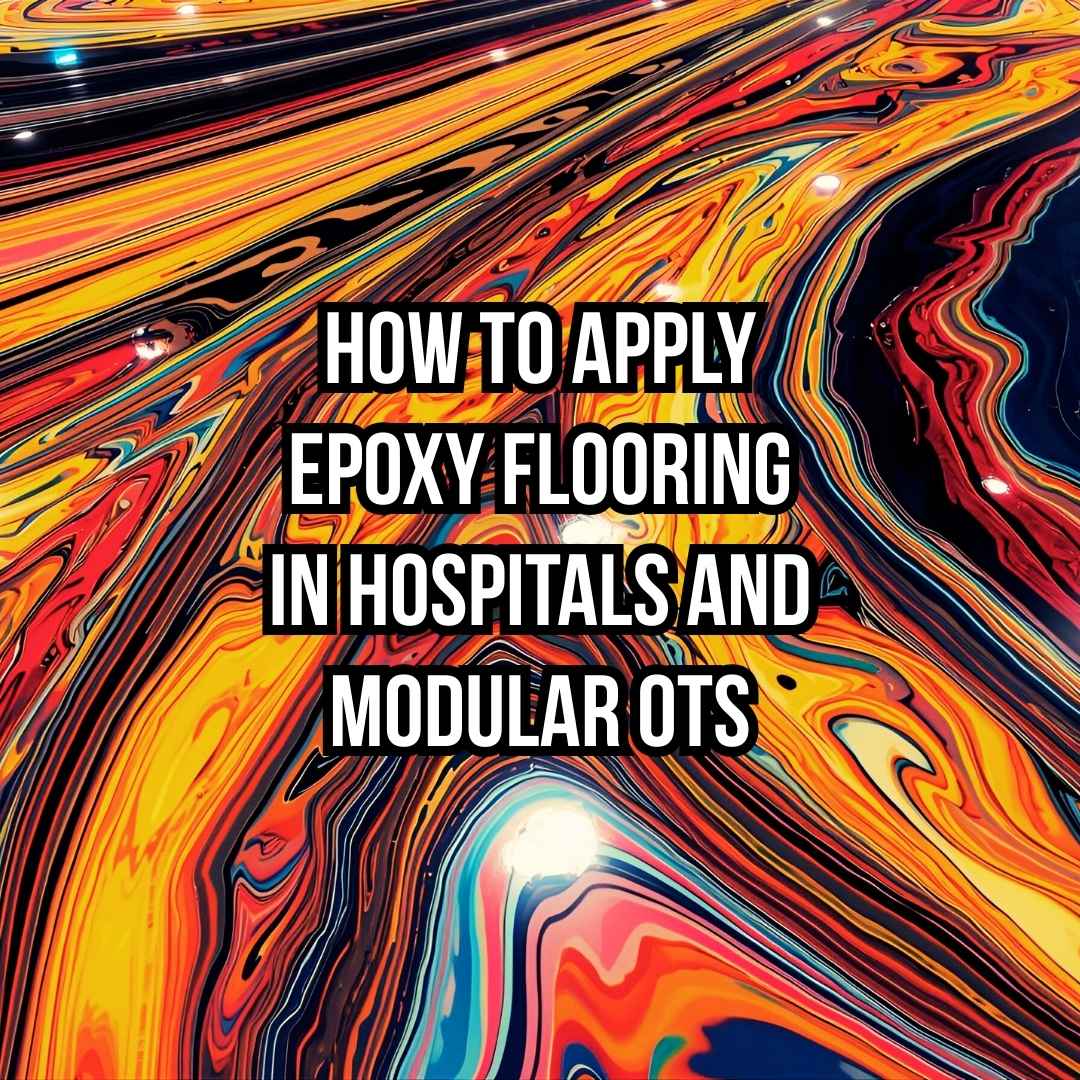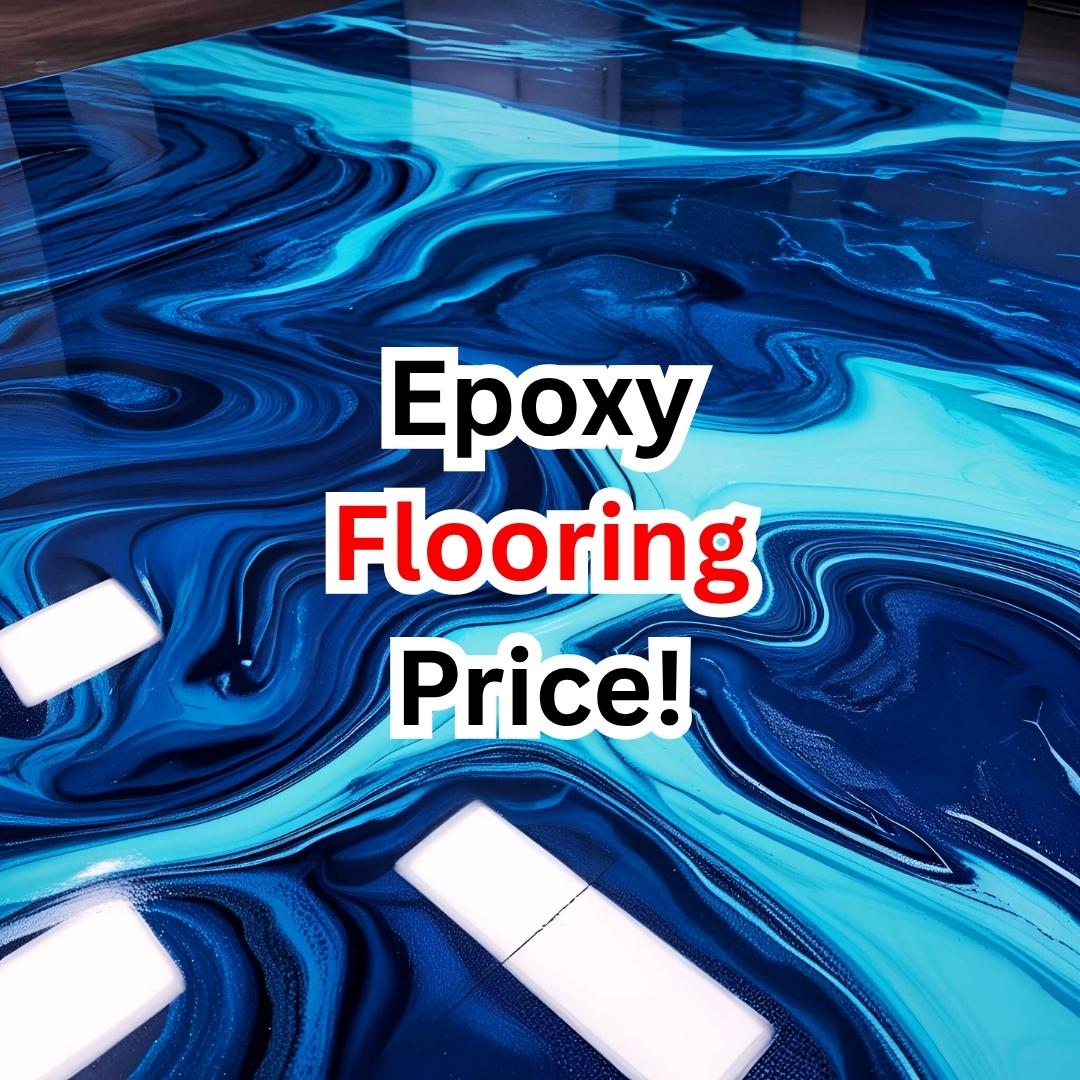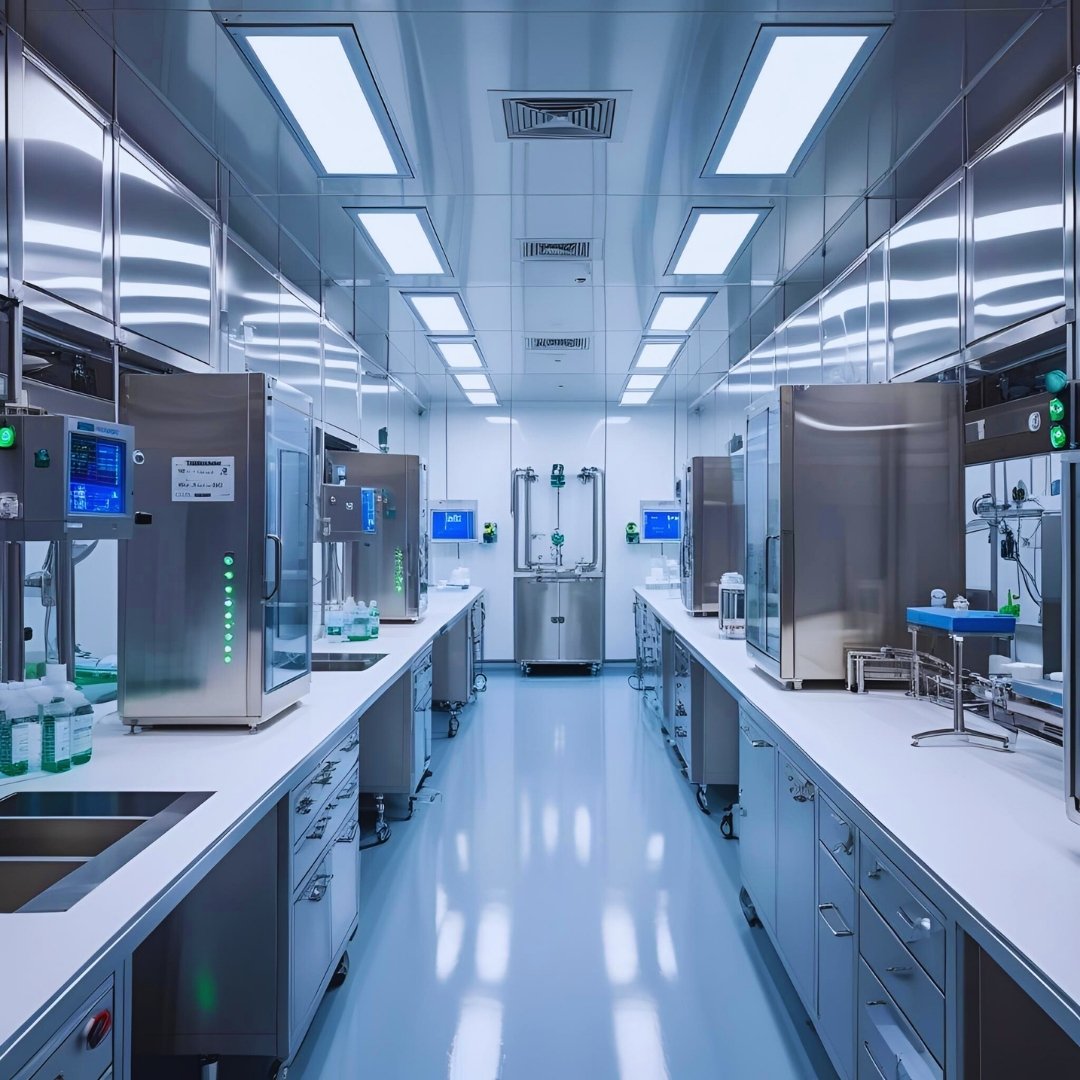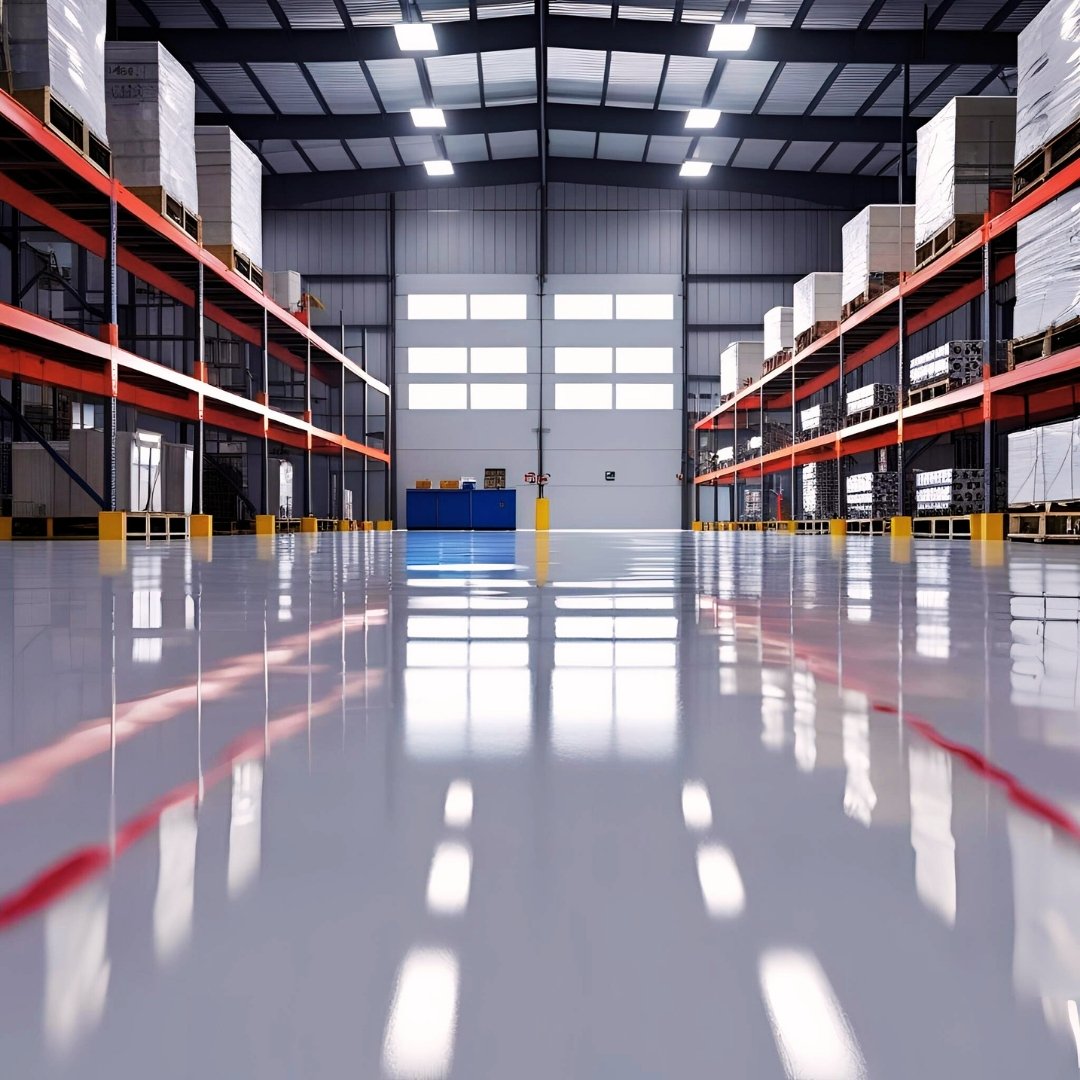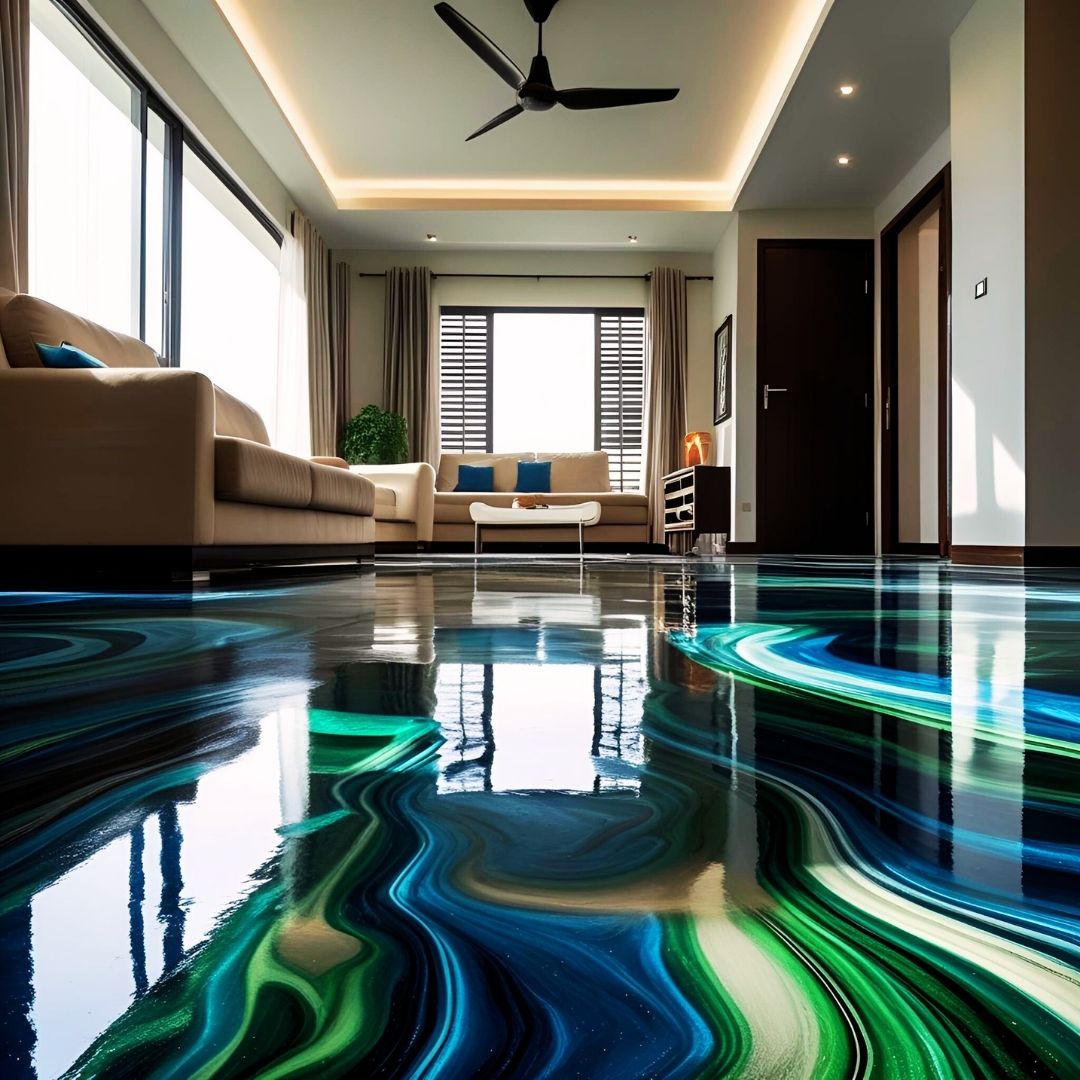
In the fast-paced world of pharmaceutical manufacturing and healthcare facilities, compliance isn’t just a checkbox—it’s the foundation of safety and quality. Imagine a bustling pharma plant in Vatva, Ahmedabad, where every surface must withstand rigorous scrutiny to meet global standards. That’s where epoxy flooring steps in as a reliable solution, offering seamless protection against contaminants while adhering to regulations like BIS, ISO, WHO-GMP, and USFDA.
As industries in Ahmedabad’s prime hubs like Naroda and Changodar expand, choosing the right flooring becomes crucial. Backed by AUM Industries, we bring years of experience in delivering technical expertise and end-to-end flooring execution services tailored for Ahmedabad’s industries and homes. This guide dives deep into epoxy flooring regulations, helping pharma QA teams, hospital consultants, homeowners in Satellite, and interior designers in Bodakdev make informed decisions.
Whether you’re upgrading a cleanroom in Moraiya or renovating a flat in Thaltej, understanding these standards ensures your space is durable, safe, and compliant. Let’s explore what makes epoxy flooring a top choice.
What is Epoxy Flooring?
Epoxy flooring is a tough, resin-based coating applied over concrete surfaces to create a seamless, glossy finish. It’s made from epoxy resin mixed with a hardener, forming a chemical bond that’s incredibly strong. This type of flooring is popular in both industrial settings, like food and beverage units in Santej, and residential spaces in Prahladnagar.
Unlike traditional options, epoxy resin flooring resists chemicals, moisture, and heavy foot traffic. For beginners, think of it as a protective shield that turns ordinary floors into high-performance ones. In Ahmedabad’s humid climate, it’s especially useful for preventing cracks and mould in areas like Maninagar homes or Paldi warehouses.
Epoxy flooring comes in various designs, from solid colours to metallic effects, allowing customisation for labs in Science City or modern kitchens in Bopal.
How Epoxy Flooring is Done: A Step-by-Step Guide
Installing epoxy flooring requires precision to ensure longevity and compliance. The process starts with surface preparation, where the existing floor is cleaned, repaired, and primed. This step is vital in industrial areas like Bhat, where old concrete might have oil stains from pharma operations.
Next, the epoxy mixture is applied in layers—base coat, body coat, and top coat—for added durability. Each layer cures for 24-48 hours, depending on the environment. In Ahmedabad’s SG Highway projects, professionals use tools like rollers and squeegees for even application.
Finally, a sealant is added for shine and protection. The entire process takes 3-5 days, but it’s worth it for spaces in Chandkheda that demand zero downtime.
- Step 1: Assess and prepare the substrate.
- Step 2: Apply primer to enhance adhesion.
- Step 3: Mix and pour epoxy resin.
- Step 4: Broadcast flakes or aggregates if desired.
- Step 5: Seal with a topcoat for UV resistance.
BIS Compliance for Epoxy Flooring in India
The Bureau of Indian Standards (BIS) sets the benchmark for material quality in India, ensuring epoxy flooring meets safety and performance criteria. Standards like IS 9197:1979 cover epoxy resins, hardeners, and compositions for floor toppings, focusing on chemical resistance and durability.
For Ahmedabad’s pharma giants in Vatva, such as Nirma Limited, BIS-compliant epoxy flooring prevents contamination by providing a non-porous surface. This aligns with national regulations, making it ideal for cleanrooms and labs.
BIS also references IS 4631:1986 for laying practices, emphasising jointless toppings to avoid bacterial growth. In residential epoxy flooring for homes in Ambawadi, this means floors that last without frequent repairs. Choosing BIS-certified materials from trusted providers ensures peace of mind.
External link: For more on BIS material standards, visit BIS official site.
ISO Standards and Epoxy Flooring for Cleanrooms
ISO standards, particularly ISO 14644-1, classify cleanrooms based on airborne particle levels, demanding flooring that minimises particle release. Epoxy flooring excels here with its seamless design, often achieving ISO Class 4 or better in high-tech facilities.
In Ahmedabad’s electronics units along SG Highway, ISO-compliant epoxy resin flooring maintains controlled environments by being static-dissipative. This prevents dust accumulation, crucial for semiconductor production in areas like Sarkhej.
Our solutions, backed by AUM Industries’ years of experience, include ISO 9001:2015 certification for quality management, ensuring consistent installation. For hospitals in Ellis Bridge, this translates to hygienic surfaces that support NABH accreditation.
If you’re planning a cleanroom upgrade in Gota, consider how ISO standards integrate with epoxy for long-term efficiency. Subtle CTA: Explore our epoxy flooring Ahmedabad services for compliant installations.
WHO-GMP Guidelines: Epoxy Flooring in Pharmaceutical Settings
WHO-GMP emphasises premises that are easy to clean and maintain, with floors being smooth, impervious, and free from cracks. Epoxy flooring meets these by offering a monolithic surface resistant to chemicals and microbes, ideal for pharma cleanrooms in Naroda, home to Claris Lifesciences.
Under WHO-GMP annexes for sterile products, flooring must withstand frequent sanitisation without degrading. In Ahmedabad’s Moraiya plants like Intas Pharma, this compliance reduces contamination risks, supporting global exports.
We incorporate WHO-GMP principles in our projects, ensuring epoxy installations for F&B units in Dholka are hygienic and durable. This also extends to cosmetic factories in Changodar, where seamless floors prevent product spoilage.
External link: Learn more about WHO-GMP for pharma cleanrooms at WHO official guidelines.
USFDA Compliance: Meeting Stringent Pharma Standards with Epoxy
USFDA GMP regulations under 21 CFR 211 require facilities with smooth, cleanable floors to prevent adulteration of drugs. Epoxy flooring complies by being seamless and resistant to impacts, perfect for high-volume production in Sarkhej’s Zydus Cadila facilities.
In Ahmedabad’s Bhat area, where Torrent Pharma operates, USFDA-approved epoxy systems ensure no particulate shedding, aligning with audits. This includes chemical resistance for spills in pathology labs.
Our expertise covers USFDA, MHRA (UK), and NABL standards, making epoxy a go-to for IVF labs in Thaltej. For international compliance, epoxy’s durability minimises maintenance costs.
What is Vinyl Flooring? A Complementary Option
Vinyl flooring is a flexible, synthetic material made from PVC, available as sheets or tiles. What is vinyl flooring exactly? It’s a cost-effective alternative to hardwood, offering waterproof properties ideal for humid Ahmedabad climates.
Luxury vinyl flooring elevates this with realistic wood or stone textures, popular in residential settings like Vastrapur homes. PVC vinyl flooring resists stains, making it suitable for warehouses in Odhav.
In B2B spaces, sheet vinyl flooring provides seamless coverage for hospitals in Shahibagh, complementing epoxy in hybrid installations.
Pros and Cons of Vinyl Flooring
Vinyl flooring shines in versatility, but like any material, it has trade-offs.
Pros:
- Waterproof and easy to clean, perfect for kitchens in Jodhpur.
- Affordable installation, with vinyl flooring cost ranging ₹150–₹300 per sq ft.
- Comfortable underfoot for educational labs in Naranpura.
Cons:
- Less durable than epoxy in heavy industrial use, like chemical factories in Rakhial.
- Can dent under extreme weight, though luxury vinyl mitigates this.
- Requires proper subfloor preparation to avoid bubbling.
For homeowners in Memnagar, the pros often outweigh the cons for everyday use.
Is Vinyl Flooring Waterproof? Key Features Explained
Yes, vinyl flooring is waterproof, thanks to its PVC composition that repels moisture. This makes it a smart choice for bathrooms in Bopal flats or modular OTs in Paldi hospitals.
Sheet vinyl flooring offers complete seamlessness, preventing water ingress in flood-prone areas like Maninagar. In contrast, vinyl tiles allow modular replacement, useful in high-traffic labs in Chandkheda.
For Ahmedabad’s monsoon season, this feature protects against warping, unlike traditional tiles.
Epoxy Flooring vs Tiles: Which is Better?
When comparing epoxy flooring vs tiles, epoxy wins in seamlessness and durability. Tiles can crack and harbour bacteria, a no-go for WHO-GMP compliant pharma units in Vatva.
Epoxy’s chemical resistance suits industrial floors in Naroda, while tiles might need grout maintenance. However, tiles offer easier DIY fixes for homes in Satellite.
Costs: Epoxy flooring cost is ₹150–₹300 per sq ft, similar to premium tiles, but epoxy lasts longer without replacements.
- Durability: Epoxy withstands heavy loads; tiles chip easily.
- Maintenance: Epoxy is wipe-clean; tiles require sealing.
- Aesthetics: Both customizable, but epoxy offers metallic designs.
For residential epoxy flooring in Bodakdev, epoxy provides a modern edge.
How Long Does Epoxy Flooring Last?
Epoxy flooring lasts 10-20 years with proper care, outpacing many alternatives. In Ahmedabad’s industrial zones like Santej, where Cadila Pharma demands robust surfaces, factors like thickness and traffic influence lifespan.
Regular maintenance, as detailed in our blog on maintaining epoxy floors, extends this. For homes in Prahladnagar, lighter use means even longer durability.
UV-resistant topcoats prevent yellowing in sunny SG Highway offices.
Epoxy Flooring Cost and Vinyl Flooring Cost Breakdown
Epoxy flooring cost typically ranges ₹150–₹300 per sq ft, depending on thickness and design. For a 500 sq ft lab in Science City, this equates to ₹75,000–₹1,50,000, including installation.
Vinyl flooring cost matches at ₹150–₹300 per sq ft, making it accessible for warehouses in Makarba. Luxury vinyl flooring might edge higher for premium textures in Gurukul homes.
Factors like site preparation in Sarkhej add 10-20%, but long-term savings on repairs justify the investment.
Subtle CTA: Contact us at epoxyvinylflooring.com/contact/ for a custom quote tailored to your Ahmedabad project.
Epoxy Flooring for Homes: Residential Applications
Epoxy flooring for homes transforms garages and living areas into stylish, functional spaces. In Ahmedabad neighbourhoods like Vastral, homeowners opt for epoxy to combat dust and stains.
Residential epoxy flooring designs include flake patterns for kitchens in Jivraj Park, offering slip resistance. It’s hypoallergenic, benefiting families in Nava Wadaj.
Compared to vinyl flooring for warehouses, epoxy provides superior impact resistance for home gyms in Ranip.
Vinyl Flooring Near Me: Local Options in Ahmedabad
Searching for vinyl flooring near me in Ahmedabad? Look no further than providers in areas like Navrangpura, where options abound for sheet vinyl and tiles.
For industrial needs in Kathwada, PVC vinyl flooring ensures quick installations. Homeowners in Usmanpura appreciate the variety, from luxury vinyl to budget sheets.
Our services cover vinyl flooring Ahmedabad, delivering to sites in Vasna and beyond.
Epoxy Flooring Near Me: Finding Reliable Installers
Epoxy flooring near me queries often lead to experts in Ahmedabad’s Bodakdev or Thaltej. Professional installation ensures compliance, especially for NABH hospitals in Gulbai Tekra.
We offer end-to-end solutions, from design to execution, for projects in Income Tax area offices or homes in Ghatlodia.
External link: For hospital flooring standards, check NABH guidelines.
Current Trends in Epoxy and Vinyl Flooring
As of 2025, epoxy trends lean towards sustainable, low-VOC resins for eco-friendly pharma units in Dholka. Metallic finishes add flair to residential spaces in Satellite.
Vinyl trends include wide plank designs and herringbone patterns, waterproof for bathrooms in Bopal. Integration with smart tech, like heated underlays, suits modern homes in Prahladnagar.
Both materials emphasise durability, with urethane topcoats for commercial floors in SG Highway.
Industries Served: From Pharma to Residential
Our flooring solutions cater to diverse sectors. In hospitals and modular OTs across Paldi, epoxy ensures sterile environments.
Pharma cleanrooms in Changodar benefit from WHO-GMP compliant vinyl. IVF and pathology labs in Chandkheda rely on seamless designs.
Educational R&D labs in Science City, semiconductor units in Sarkhej, chemical factories in Vatva, F&B in Moraiya, warehouses in Bhat—all gain from our expertise.
For residential homes and flats in Maninagar or Bodakdev, we blend functionality with aesthetics.
Internal links: Discover more at our home page, about us, or FAQs.
External link: Visit AUM Industries for comprehensive cleanroom solutions.
Maintaining Your Epoxy and Vinyl Floors
Proper care keeps floors pristine. For epoxy, sweep daily and mop with neutral cleaners, as per our maintaining epoxy floors blog.
Vinyl requires similar routines—avoid harsh chemicals to preserve waterproofing. In Ahmedabad’s dusty climate, this prevents wear in high-traffic areas like Sabarmati.
Annual inspections in industrial setups like Naroda GIDC ensure compliance longevity.
FAQs
What is epoxy flooring and how does it comply with BIS standards?
Epoxy flooring is a resin-based coating that forms a durable, seamless surface. It complies with BIS through standards like IS 9197, ensuring quality for Indian applications in pharma and homes.
How long does epoxy flooring last in a pharma cleanroom?
With proper installation, epoxy flooring lasts 10-20 years in cleanrooms, resisting chemicals and traffic as per WHO-GMP guidelines.
What are the pros and cons of vinyl flooring for hospitals?
Pros include waterproofing and ease of cleaning; cons are potential denting under heavy equipment. It’s NABH-compliant for hygienic spaces.
Is vinyl flooring waterproof for Ahmedabad homes?
Yes, vinyl flooring is fully waterproof, ideal for monsoon-prone areas like Maninagar, preventing mould in bathrooms and kitchens.
Epoxy flooring vs tiles: Which is better for residential use in Satellite?
Epoxy offers seamless durability and modern designs, outlasting tiles that may crack. It’s a premium choice for homes in Satellite.
What is the epoxy flooring cost in Ahmedabad?
Epoxy flooring cost ranges ₹150–₹300 per sq ft in Ahmedabad, varying by design and site, with professional installation included.
How can I find epoxy flooring near me in Vatva industrial area?
Search for certified installers in Vatva; our team provides compliant solutions for pharma facilities, ensuring quick turnaround.
Ready to Upgrade Your Floors?
Don’t compromise on compliance or quality. Whether it’s a pharma plant in Naroda or a home in Thaltej, our epoxy and vinyl flooring solutions deliver excellence. Backed by AUM Industries, we offer tailored services across Ahmedabad.
Contact us today: Email amit@aumindustriesmfg.com, Phone/WhatsApp +91-9274313580, or visit our office at World Trade Tower, A-617, Sarkhej-Gandhinagar Highway, Makarba, Ahmedabad, Gujarat 380051. Let’s discuss your project—schedule a free consultation now!

